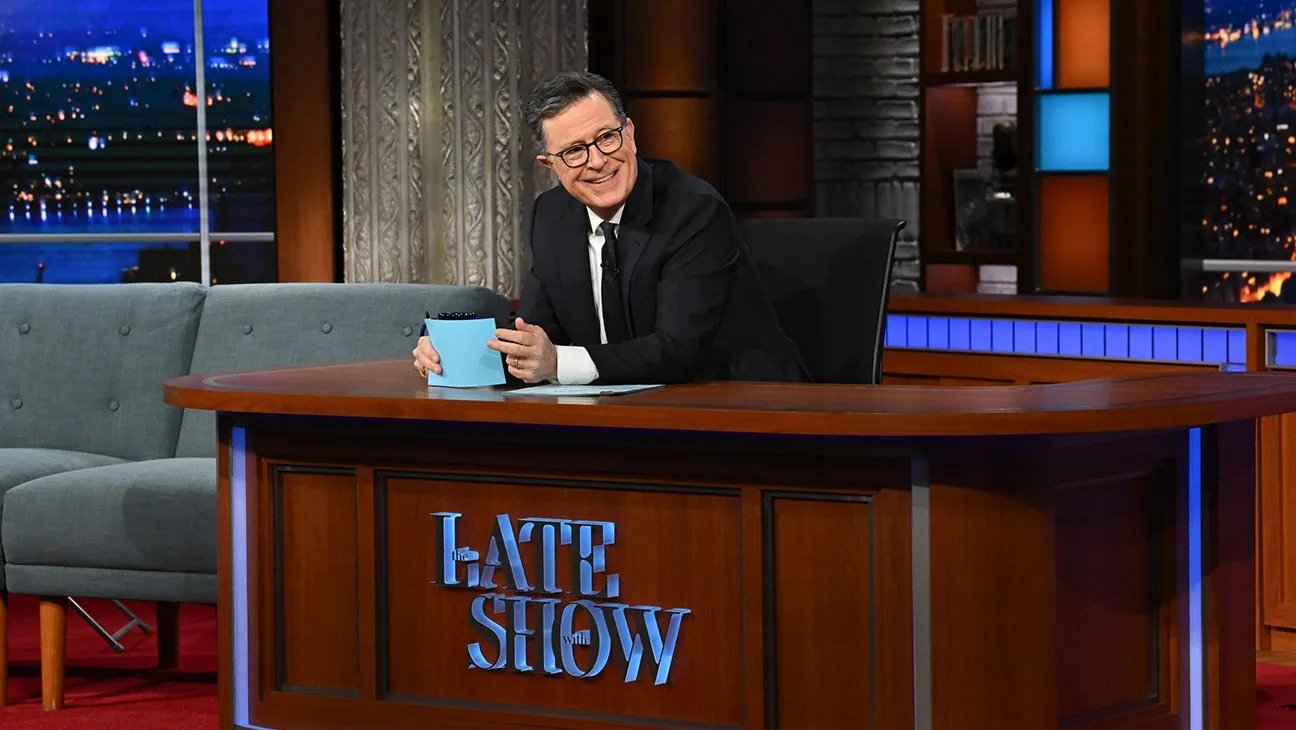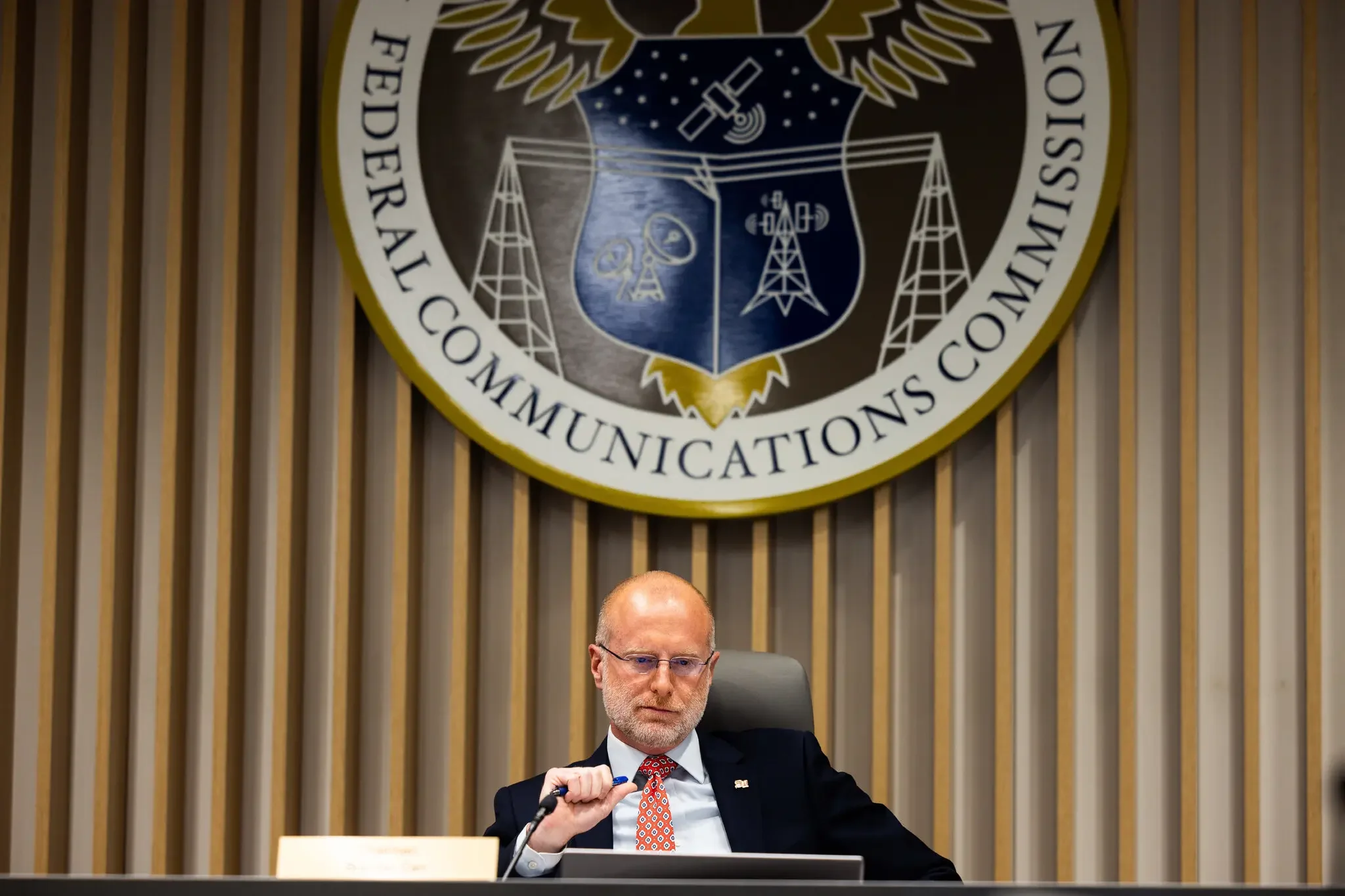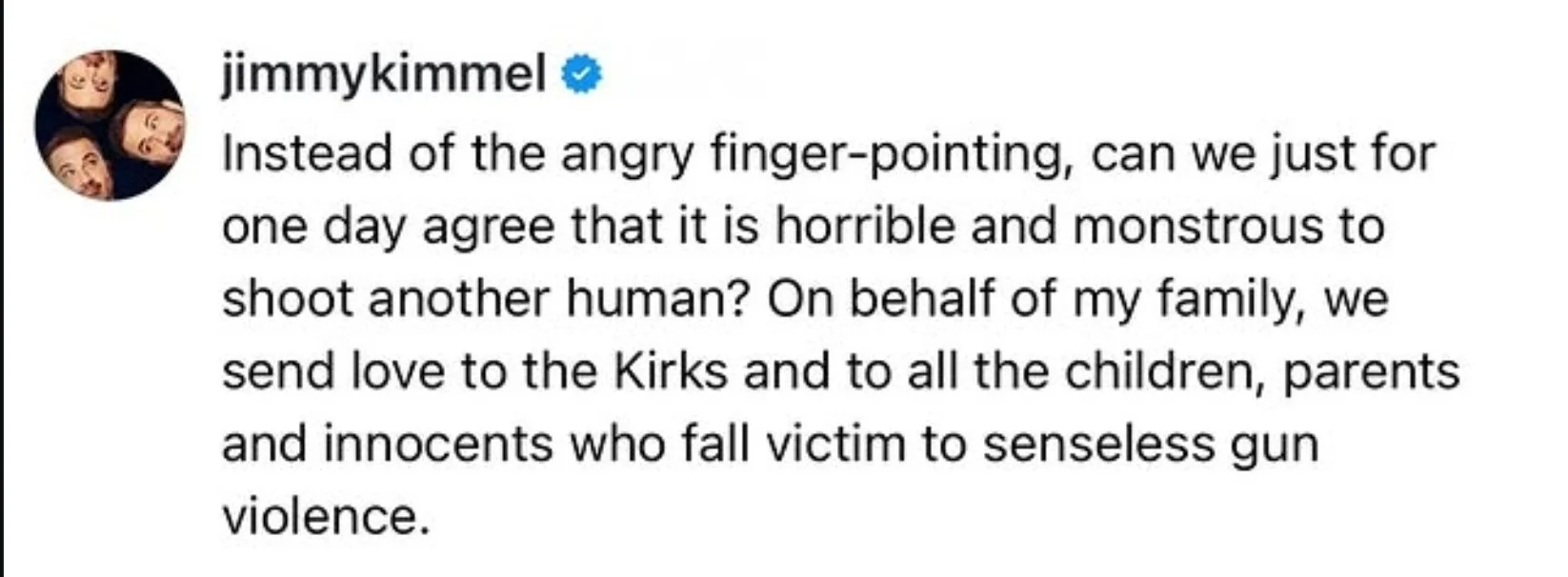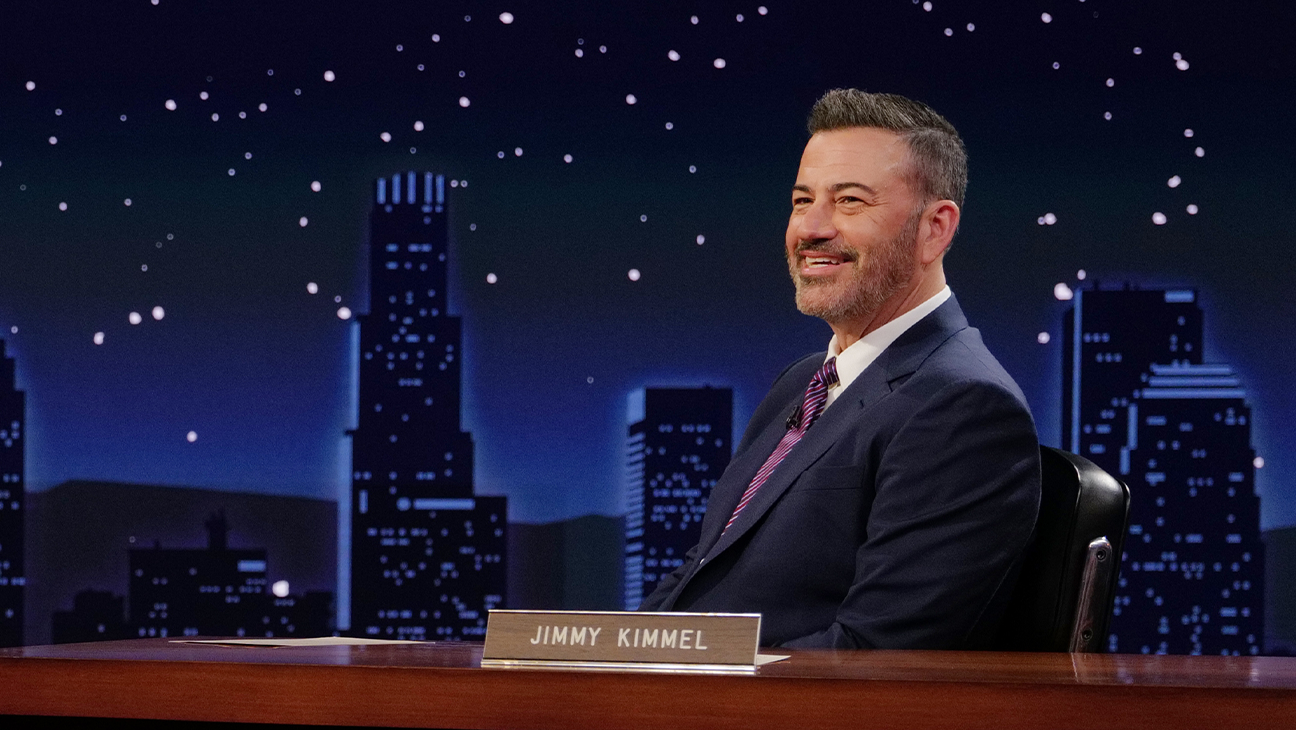ABC Suspends Jimmy Kimmel ‘Indefinitely’ — A Dangerous Turning Point for Free Speech in Late Night
Getty Images
The sudden removal of Jimmy Kimmel isn’t just about one monologue—it’s the latest sign of how fraught, fragile, and increasingly politicized our cultural discourse has become.
On Wednesday evening, ABC made the unprecedented decision to suspend “Jimmy Kimmel Live!” indefinitely, following Kimmel’s on-air comments about the fatal shooting of conservative activist Charlie Kirk. The announcement came within hours of pressure from the Federal Communications Commission (FCC), specifically Chairman Brendan Carr, who not only condemned Kimmel’s remarks but also publicly suggested punitive action against ABC.
Let’s be absolutely clear: this isn’t just about one joke or a poorly received monologue. It’s about the looming influence of state power on independent media, the weaponization of regulatory agencies to silence dissenting voices, and the increasingly precarious line between critique and censorship. What’s unfolding here is a warning—a signal flare in the dark—to anyone who believes satire, commentary, or even opinion has a place in public discourse.
In Monday’s monologue, Kimmel addressed the aftermath of Kirk’s death by pointing to the hypocrisy in how certain right-wing figures were attempting to spin the killer’s identity. “We hit some new lows over the weekend,” he said, referencing efforts to claim the killer was politically left-aligned, despite complex and contradictory evidence. It was a classic Kimmel bit: sharp, uncomfortable, and pointed. But this time, it was met not with rebuttal or media blowback—but with federal regulatory threats.
FCC Chairman Carr didn’t merely voice disagreement—he used the language of enforcement. “We can do this the easy way or the hard way,” he said on a conservative podcast, strongly implying that unless ABC took action, the government might intervene. And just like that, a late-night host known for poking at the absurdities of politics became the center of a very real, very serious cultural moment.
Hours later, ABC folded. Not with a suspension pending review, not with a statement affirming editorial independence—just silence, and then removal. Nexstar, one of the country’s biggest TV station operators, announced it would replace Kimmel’s program on its ABC affiliates “for the foreseeable future.”
This isn’t cancel culture. This is regulatory intimidation. And it should terrify everyone.
It’s especially concerning given the broader media climate we’re now navigating. Kimmel’s removal comes amid a wave of pressure on networks, streamers, and journalists to play it safe—to avoid politics, to avoid controversy, and to definitely avoid criticizing power. But comedy is inherently political. Satire has always been a way to shine light in the dark corners of culture. When comedians are censored not by platforms or advertisers, but by federal threat? That’s a line we can’t allow to blur.
As someone who runs an editorial outlet committed to covering the film and television industry as a reflection of our time, I’m deeply disturbed. The notion that expressing a political opinion—one aimed at the spin machine more than any individual—could get a seasoned host pulled off air, sets a dangerous precedent. What happens the next time someone like John Oliver, Samantha Bee, or Hasan Minhaj pushes too far? What message are we sending to young comedians, journalists, and creators?
The FCC’s job is to regulate airwaves in the public interest, not to act as an arm of ideological enforcement. Carr’s commentary and actions, regardless of his intent, place a chilling effect on speech. When unelected bureaucrats begin suggesting they’ll penalize broadcasters over satire, we’re not far from state-run narratives being the only acceptable narratives.
Kimmel is a polarizing figure, sure. But this isn’t about whether you like his show. It’s about whether we as a society are okay with elected and appointed officials using their power to silence criticism. If they can come for someone with Kimmel’s reach, platform, and legacy, they can come for anyone.
This is about more than one show
It’s about where we go from here— lets break it down
What Really Happened with Kimmel?
Jimmy Kimmel has been suspended indefinitely from ABC following remarks made during his September 15 monologue on Jimmy Kimmel Live! referencing the tragic shooting of Charlie Kirk, a polarizing right-wing activist. While the show’s suspension was officially announced by Disney (ABC’s parent company), the decision came just hours after Brendan Carr, chairman of the FCC, publicly condemned Kimmel’s comments and alluded to potential regulatory consequences if networks did not take action.
The pressure did not come directly from the government in a formal sense. Rather, it was a strategic convergence: Carr’s appearance on a partisan podcast, followed by vocal pressure from conservative media outlets and corporate broadcasters like Nexstar (a major ABC affiliate group), created a chilling domino effect. Nexstar, which is awaiting federal approval for a $6.2 billion merger, quickly announced it would preempt Kimmel indefinitely, and Disney followed suit later that day.
So while this wasn’t an official government crackdown, it also wasn’t apolitical.
The Bigger Pattern
Getty Images
Make no mistake: this is not an isolated event. In recent months, we’ve seen a growing trend of forced exits and suspicious suspensions across late-night and liberal-leaning media. Stephen Colbert was quietly pushed into retirement just months ago. Jon Stewart’s brief Apple TV+ return was reportedly micromanaged into irrelevance. Now Kimmel, the longest-tenured network host, is off the air indefinitely. And for what? For expressing a perspective that, while sharply worded, still falls under the banner of satire, opinion, and commentary.
This isn’t cancel culture from the left—it’s anti-speech crusading from a new faction of the right. The same politicians and pundits who spent years decrying “woke mobs” are now pushing for artists, journalists, and entertainers to be silenced under the guise of “serving local communities.”
Let’s be clear: what they mean is silencing voices they disagree with.
The Disney-Nexstar-FCC Triangle
Brendan Carr, chairman of the Federal Communications Commission, said that taking Jimmy Kimmel’s show off the air was the “right thing. - Credit: Tierney L. Cross
The FCC doesn’t have the direct power to “pull Kimmel off the air.” But the political pressure it can exert over media conglomerates and their subsidiaries is real. Brendan Carr, an FCC commissioner under both Trump and Biden, made veiled threats suggesting that companies like Disney should “take action” against programming like Kimmel’s—or risk broader regulatory scrutiny.
POPULAR ON THE CINEMA GROUP
That scrutiny carries real weight: Nexstar is currently seeking FCC approval for a massive merger with rival broadcaster Tegna. Its decision to remove Kimmel from ABC affiliate stations—before ABC itself made a call—was a strategic corporate move. Disney, already under fire from the political right for its public stances on social issues, likely saw the writing on the wall and folded.
So this wasn’t government censorship by statute. But it was censorship by intimidation.
A New Era of Silencing
The ripple effect here is larger than Jimmy Kimmel. In a media climate where comedy, commentary, and critique are increasingly weaponized by political factions, we are entering a dangerous new normal. Public figures no longer need to be silenced by court order—just by coordinated outrage campaigns, broadcast interference, and the looming threat of federal disapproval.
And it’s working.
This is the same logic used to ban books in school districts, to force teachers to avoid “controversial” history, and to scrub queer voices from public libraries. Only now, it's coming for the last bastion of freewheeling commentary: late-night comedy.
It is no coincidence that just as Jon Stewart was silenced by Apple, and Stephen Colbert was asked to quietly retire Following skydances purchase of , Jimmy Kimmel has now been removed. That’s three of the last openly political late-night hosts gone within a year. In their place, sanitized programming, corporate-managed narratives, and a chilling sense that satire itself is becoming endangered.
What’s Next?
Getty Images
Kimmel hasn’t commented publicly since his suspension, and ABC has not confirmed whether this decision is permanent. But for many in the creative community—and those of us who cover it—this moment represents a seismic shift in how media companies respond to political blowback.
It’s not about whether you agree with Kimmel’s joke. It’s about whether you believe an entertainer should be allowed to criticize public figures—especially powerful and controversial ones—without fearing the loss of their platform.
Because if the answer is no, then… what happens to the rest of us?











![Sundance 2026 Recap [Part i]
Another Sundance in the books. Last one in Park City— premieres, portraits, and the people who made it.
More to come!
📸: @jonathanpmoustakas on @sonyalpha
#sundancefilmfestival #sundance2026 #thecinemagroup](https://images.squarespace-cdn.com/content/v1/65c1a54efb10480185732c60/1770112011067-GAUJ8WUARIG299C1YW9J/image-asset.jpeg)














